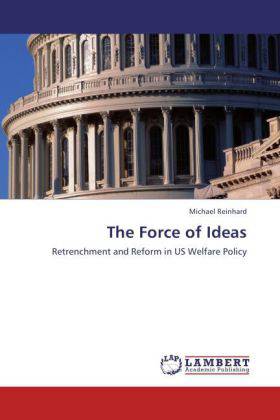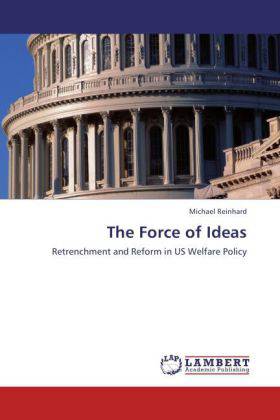
- Afhalen na 1 uur in een winkel met voorraad
- Gratis thuislevering in België vanaf € 30
- Ruim aanbod met 7 miljoen producten
- Afhalen na 1 uur in een winkel met voorraad
- Gratis thuislevering in België vanaf € 30
- Ruim aanbod met 7 miljoen producten
Zoeken
Omschrijving
This book examines the role of ideas in policy change. While most changes in public policy are incremental, on occasion there is a major shift. Most scholarship in political science attributes such shifts to what might be called material forces, such as the actions of interest groups changes in the partisan control of government. But I argue that radical change occurs only when the definition of the problem itself has first been altered. I apply this theory the passage of welfare reform in 1996 - the first time major means-tested entitlement program was ended in the US. I show that such a shift in ideas and problem definition had taken place across the political spectrum well before the shift in the partisan control of Congress to which most political scientists have pointed to explain this shift in policy. Using tools from computational linguistics, I show that over a 20 year period the discussion of the causes of poverty became focused on the moral hazards created by welfare and the dangers of illegitimacy. Ultimately the conservatives won the war over welfare policy because they had first won the war of ideas.
Specificaties
Betrokkenen
- Auteur(s):
- Uitgeverij:
Inhoud
- Aantal bladzijden:
- 188
- Taal:
- Engels
Eigenschappen
- Productcode (EAN):
- 9783847337805
- Verschijningsdatum:
- 23/01/2012
- Uitvoering:
- Paperback
- Formaat:
- Trade paperback (VS)
- Afmetingen:
- 152 mm x 229 mm
- Gewicht:
- 281 g

Alleen bij Standaard Boekhandel
+ 134 punten op je klantenkaart van Standaard Boekhandel
Beoordelingen
We publiceren alleen reviews die voldoen aan de voorwaarden voor reviews. Bekijk onze voorwaarden voor reviews.











